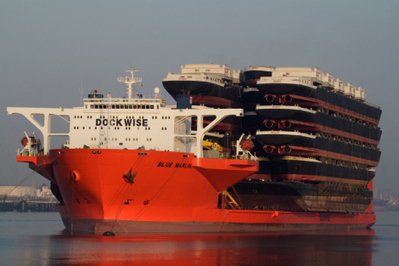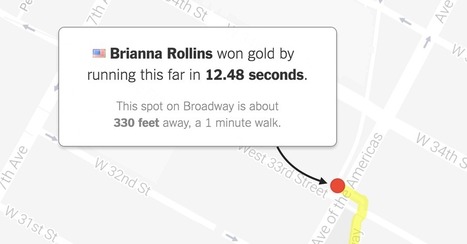"The ships, railroads, and trucks that transport containers worldwide form the backbone of the global economy. The pace of globalization over the last sixty years has accelerated due to containers; just like canals and railroads defined earlier phases in the development of a global economy. While distance used to be the largest obstacle to regional integration, these successive waves of transportation improvements have functionally made the world a smaller place. Geographers refer to this as the Space-Time Convergence."
Via Michael Miller



 Your new post is loading...
Your new post is loading...










Containers are part of globalization. It saves time and allows for extra space to store more products. Also, it is easier to handle using ships, railroad, and trucks while also facilitating more quality in terms of safety. However, on the other hand, with the creation of these containers employ mainly the use of technology which, unfortunately, downsizes the workforce. This, as a result, increases the unemployment rate for citizens. Although, when it comes to recycling, the idea of making houses with these containers helps families in diverse ways such as decreased costs, energy efficiency, and very short construction time. Containers have shaped the concept of shipping and living for many years, impacting regions with more business and expansion trades around the world.
This article describes the basics of globalization and what technology really allowed globalization to spread, the shipping the container. It allowed thing to be shipped organized and more efficiently. These containers fit together perfectly. It helps ideas and products transport all over the world and spread pop culture.
This relates to the idea in unit 3 of globalization. These shipping container allow ideas and products to be shipped all over the world. The shipping container was the key to better connecting the world.
I've posted here several resources about the global economy and the crucial role that containers play in enabling globalization. In this article for National Geographic Education, I draw on many of these to to put it all in one nice container.
Tags: transportation, globalization, diffusion, industry, economic.